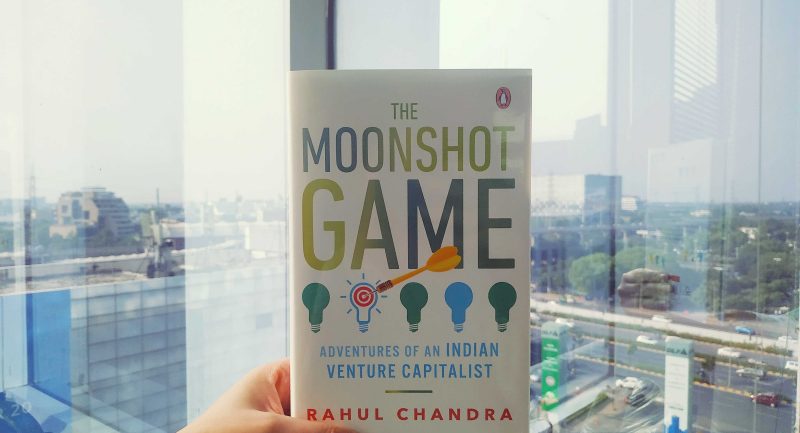
Even though most business managers have diverse academic qualifications – engineering being the most common, followed by chartered accountancy, economics, medicine, etc. – few come from a law background. However, it is crucial for a manager to understand the nitty-gritty of law. This hands-on guide to understanding business law is for anyone and everyone looking to run a legal-hurdle-free business.
Let’s read an excerpt from Anurag K. Agarwal’s book, Business Law for Managers.
Defaulters List: Exhilarating and Exhausting
Towards the end of August 2017, the Reserve Bank of India had sent a list of more than two dozen defaulters to commercial banks to recover the money that had been lent to them. Recovery was expected to be sought not just through stringent legal methods, but also by using the method of negotiation and mediation even before filing for mutual arbitration through the National Companies Law Tribunal under the Insolvency and Bankruptcy Code (IBC). This is both exhilarating and exhausting. Exhilarating, because finally some steps have been taken by the central bank to recover the money lent to thick-skinned borrowers, and exhausting, because it feels like having a déjà vu.
This was rather surprising as commercial banks usually dealt with big business families leniently. Also, as large corporates have a battery of lawyers at their disposal it is not always useful for commercial banks to take the legal route. The Insolvency and Bankruptcy Code in India is considered as the panacea for all commercial lending problems of big banks to big borrowers.
Was the intervention of the Reserve Bank of India necessary? It is a question that needs to be answered. Commercial banks, as well as other lenders, know exactly how much money has been lent and to whom. This is something very basic for a bank and even in predigital times, accounts were maintained meticulously to get the complete picture in a bird’s eye view. Despite the issues of confidentiality and privacy, big lenders have often consulted each other—usually on the sly— to know the borrowing pattern and paying capacity of big borrowers. In today’s digital world, it is even more natural and easier for banks to share information among themselves. So this step taken by the RBI appears to be superfluous.
How far will this list help in recovering the money? Not much. These borrowers are habitual and thick-skinned, and that is the reason why there is hardly any sense of shame or remorse to make them pay back. The attitude of bankers and banking practices have to be changed. Knee-jerk reactions are not going to work. Recently UCO Bank, which has been suffering losses and facing uncertainty about its future, ordered that some of its employees in the branches that were not performing well would not be paid salaries. Such an order is ridiculous and tells a lot about the negative and sadistic nature of senior banking officers who took this decision. It is extremely difficult to imagine why the lower-level staff in a bank’s branch should be penalized for decisions primarily made by the middle and senior management. Thankfully, this decision was not enforced.
The real question is of fixing accountability and responsibility for the dismal performance of different banks and exploring the real reason as to why banks keep on lending money to borrowers who repeatedly fail to keep their promises.
The legal procedure of recovering money has always been exhausting. Adjournments on different pretexts have typically made a mockery of court proceedings and unscrupulous big-ticket borrowers have the wherewithal to fight the legal battle till the very end. The newly exhibited zeal by the RBI, the government and the banks is truly exhilarating, and hopefully, it will result in a fruition of efforts. Different tribunals and courts are bound by the procedural rigmarole, which becomes stricter and more rigid in case of money.
It is heartening to see that big business names, which were never expected to default and which in public perception would never do anything wrong, are also not being spared. True efforts with good intentions usually succeed. This is not something unique to Indian banks. Bankers elsewhere have on several occasions resorted to irresponsible behaviour, making their organizations vulnerable. Wells Fargo is an interesting case in the United States.










